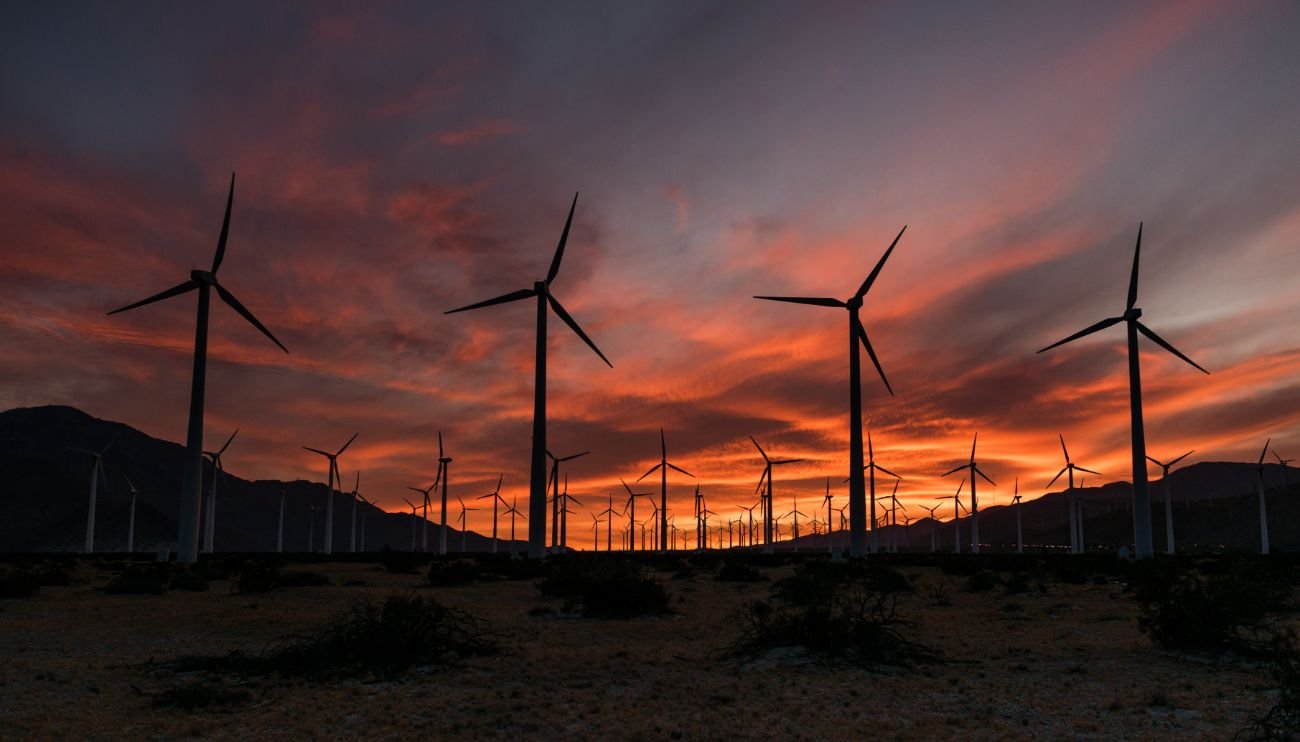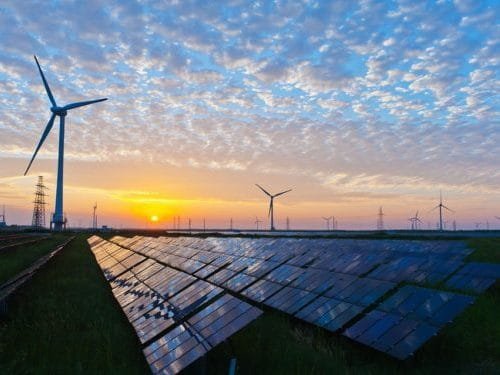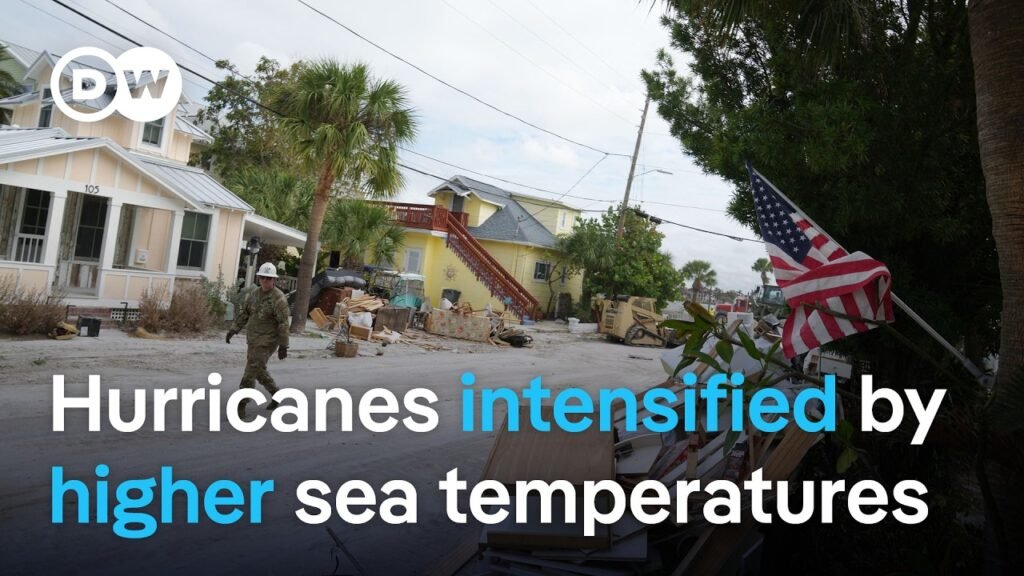Summary
The official tracking report of the UAE Consensus energy goals reveals significant gaps in progress toward tripling renewable energy and doubling energy efficiency by 2030. Despite record investments in renewable energy in 2023, current national plans are projected to achieve only half of the required growth, necessitating a dramatic increase in annual investments. Urgent policy interventions and substantial financial commitments are crucial to meet global climate targets.
Highlights -🌍
- UAE Consensus Goals: Significant gaps in reaching tripling renewables and doubling efficiency by 2030. 🚀
- Investment Needs: Annual investments in renewable capacity must triple from $570 billion to $1.5 trillion. 💰
- Current Capacity Deficit: A collective gap of 3.8 TW in renewable capacity expected by 2030. 📉
- Energy Efficiency Requirement: Annual energy intensity improvement must double from 2% to 4%. ⚡
- Policy Interventions: Urgent need for enhanced policies to close the gap toward climate goals. 📜
- NDC Review: Next round of Nationally Determined Contributions (NDCs) must prioritize renewable energy. 🔍
- Global Collaboration: International cooperation essential for financing and achieving climate goals. 🤝
Official tracking report of UAE Consensus energy goals confirms significant gaps in progress towards tripling renewables and doubling energy efficiency by 2030; recommends priority actions and dramatic scale of investment for next round of NDCs.
Abu Dhabi, United Arab Emirates / Baku, Azerbaijan, 11 October2024 – Despite an unprecedented acceleration in renewable energy deployment in 2023, progress falls short to triple renewables by 2030. Current national plans and targets are set to deliver only half of the required growth in renewable power by 2030.
Furthermore, annual investment in renewable capacity would have to triple, from a new record high of USD 570 billion in 2023 to USD 1.5 trillion every year between 2024 and 2030, confirms the first official progress report of the landmark energy goals established by the UAE Consensus at COP28 in Dubai. Tripling renewable power capacity and doubling of energy efficiency by 2030 are critical enablers for keeping the 1.5°C goal within reach.
Delivering on the UAE Consensus: Tracking progress toward tripling renewable energy capacity and doubling energy efficiency by 2030 was released by the International Renewable Energy Agency (IRENA) in partnership with COP28, COP29, COP30 host Brazil and the Global Renewables Alliance today at Pre-COP. It provides timely and accurate inputs to future COP decisions including COP29 in Baku.
To meet the global goals, installed renewable capacity would have to grow from 3.9 terawatt (TW) today to 11.2 TW by 2030, requiring an additional 7.3 TW in less than six years. Yet, current national plans are projected to leave a global collective gap of 3.8 TW by 2030, falling short of the goal by 34%.
In addition, the annual energy intensity improvement rate must increase from 2% in 2022 to 4% on yearly base up to 2030. This will require faster progress in efficiency measures and electrification across multiple sectors, including transport, building and industry.
These shortfalls highlight the inadequacy of existing policies and plans to limit global temperature rise to 1.5°C, underscoring the need for urgent policy interventions and massive investment. The third round of Nationally Determined Contributions (NDCs) under the Paris Agreement in 2025 must close the gap towards 2030.





